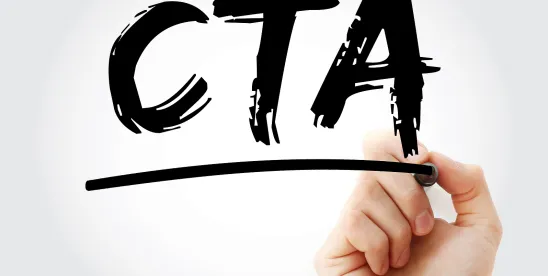It cannot be gainsaid that the Corporate Transparency Act has been a major headache for millions of business entities. The CTA is part of the William M. (Mac) Thornberry National Defense Authorization Act (NDAA) for Fiscal Year 2021, Pub. L. No. 116-283 (H.R. 6395), 134 Stat. 338, 116th Cong. 2d Sess. The gist of the CTA is that many businesses are required to report information to Financial Crimes Enforcement Network (aka FinCEN) about the individuals who ultimately own or control them.
Businesses that were created or registered to do business before January 1, 2024 have until January 1, 2025 to file reports. Perhaps not surprisingly, the CTA has spawned a new service industry - assisting companies in making these filings even though FinCEN launched an e-filing website on January 1, 2024. Businesses electing to use these service companies should read their service agreements carefully. I have learned that some of these service companies are including a provision in their agreements pursuant to which the business agrees to substitute the service company for the reporting business' current agent for service of process.
It will be interesting to see if the CTA will survive the recent presidential election. In 2021, Congress overrode President Trump’s veto of the NDAA (which, as noted above, included the CTA). The CTA has in my experience created enormous confusion and significant costs for businesses. For example, the FinCEN's terminology is inherently misleading. The CTA rules define "beneficial owner" to include persons who actually are not owners at all. Under FinCEN's definition, an individual is a beneficial owner if he or she exercises "substantial control" over the reporting company. I have no doubt the use of the term "beneficial owner" is leading most non-lawyers to assume that an individual would actually have to have an ownership interest in a reporting company.
I also believe that the FinCEN failed to appreciate the complexity and variety of ownership and management structures when it adopted its implementing rules. This has led to countless debates amongst lawyers about who and what must be reported to the FinCEN. For example, the American Bar Association recently published a well reasoned article by Thomas E. Rutledge and Robert R Keatinge concluding that limited liability partnerships are not reporting entities. Yet, the FinCEN has off handedly asserted in a "Fact Sheet" that limited liability partnerships are reporting companies.
It is better that 1,000 innocents suffer than one guilty escape*
Finally, I a skeptical of the CTA's ultimate efficacy. According to the FinCEN, the CTA is part of the "U.S. government’s efforts to make it harder for bad actors to hide or benefit from their ill-gotten gains through shell companies or other opaque ownership structures". One thing is certain, the CTA has made it harder for good actors. Bad actors, on the other hand, are likely to be unperturbed. If someone is engaged in money-laundering, they have already decided to break more serious laws. It strains credulity to believe that they would be worried about noncompliance with a reporting requirement. The CTA is enabling the FinCEN to amass an enormous amount of information about good actors with the hope that it will be able to identify a few bad actors.
______________________
*See Wm. Blackstone, Blackstone's Commentaries on the Laws of England, Book IV, ch. 27 ("all presumptive evidence of felony should be admitted cautiously: for the law holds, that it is better that ten guilty persons escape, than that one innocent suffer. See also Genesis 28:32.



 />i
/>i
